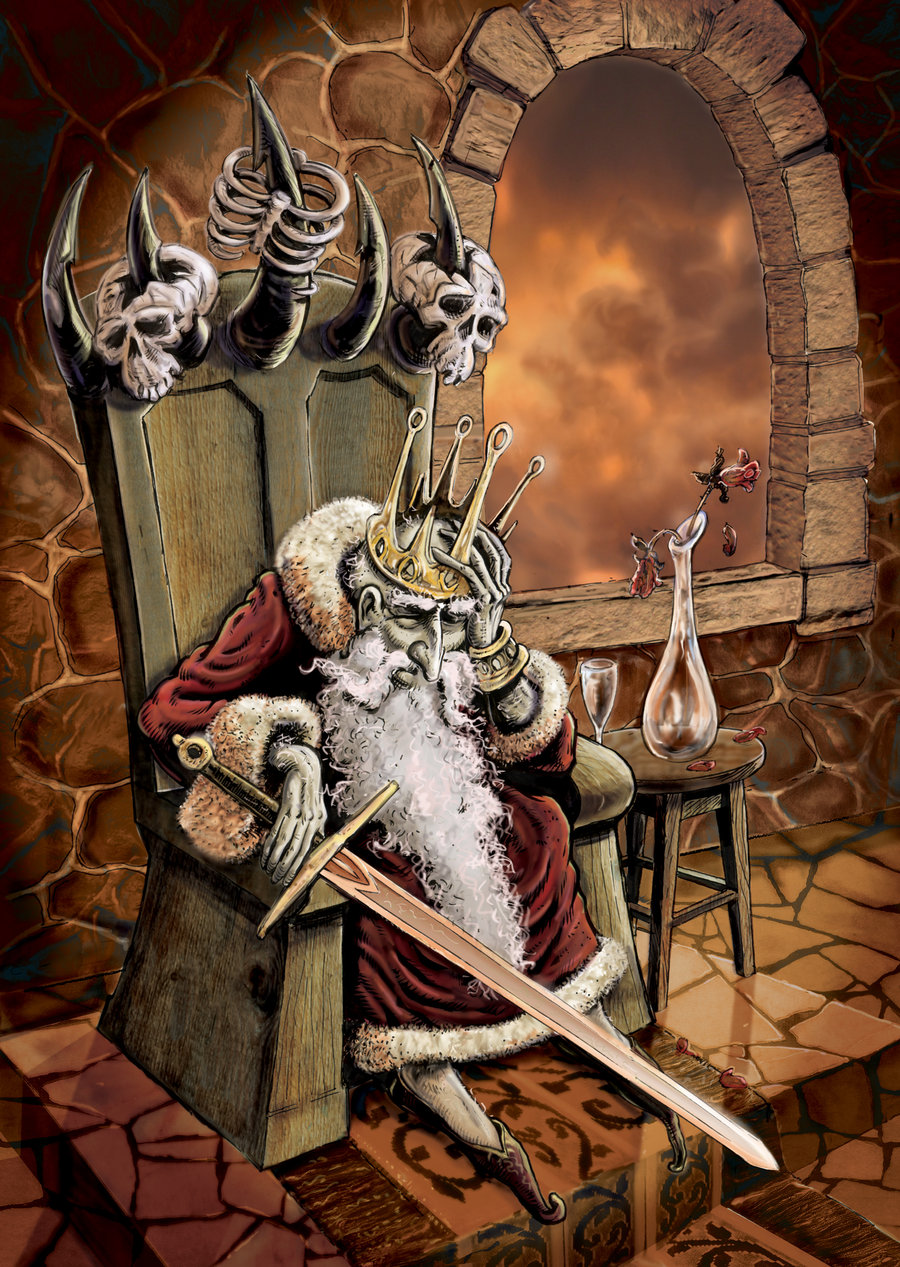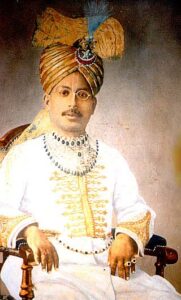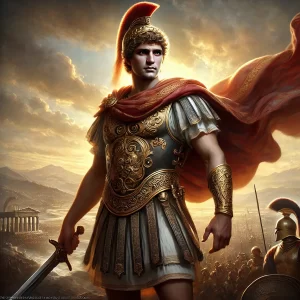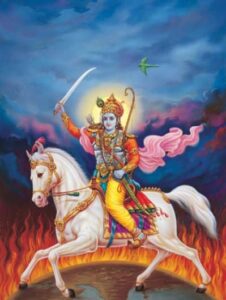The Stupid Prince
Once upon a time, there was a king who had a very dull-headed son. No matter which guru the king sent his son to, the prince couldn’t learn anything. The boy was so dull that even the most learned teachers failed to educate him. The king, frustrated and in disbelief, chastised the teachers, insisting, “My son is destined to be a great king. How can he be so stupid?”
Visnusarma’s Proposal
One day, a renowned and knowledgeable brahmana named Visnusarma walked into the king’s court. Observing the king’s distress and the ministers’ frustration over the prince, Visnusarma asked, “What is the problem?”
The ministers explained, “Our prince is so dull-headed.”
The king objected, “No, that is not true. My astrologers have told me he will be a great emperor. He is destined for greatness.”
Visnusarma replied, “If the astrology says he will be a great emperor, then it means he is destined for greatness. And if the ministers say he is dull-headed, then that is true as well. Both are correct.”
The king, intrigued, said, “How can both be true?”
Visnusarma explained, “Your teachers are right, your son is dull-headed. And you are right, your son is going to be a great emperor. The problem is the teachers lack the knowledge to teach him. I will teach your son and make him more intelligent than you. Give me six months. If I succeed, you give me half of your kingdom. If I fail, you can chop off my head.”
The King’s Agreement
The king, desperate and hopeful, agreed to Visnusarma’s proposal and handed over his son to him. Visnusarma took the prince to his ashrama but did not begin with traditional lessons.
The Unconventional Teaching Method
Two weeks later, the king visited Visnusarma and saw his son playing around, seemingly learning nothing. Anxiously, the king asked, “What did you learn from Visnusarma?”
The son replied, “He told me that a blackbird took the necklace from the queen and flew away!”
The king, horrified, went to Visnusarma and said, “You have four months left. All this talk of blackbirds and necklaces! You’re going to lose your head.”
Visnusarma calmly responded, “I have four months left. You may lose half of your kingdom.”
The Transformation
In the fifth month, the king visited again and saw a remarkable change. His son was sitting straight and bowing respectfully. Impressed, the king decided to wait until the six months were up.
The Test of Intelligence
One day, two landowners came to the king with a dispute about a fence that one brother kept moving to gain more land. The king, having handed over the throne temporarily to his son, watched as Visnusarma whispered something in the prince’s ear. The prince disappeared and returned disguised as an old man, looking just like the king’s deceased father.
The two landowners, initially skeptical, presented their case. The “old man” solved the problem in three minutes, leaving both parties satisfied.
The Revelation
When the king and others arrived, they saw the “old man” was actually the prince in disguise. The king was astonished to see his previously dull-headed son solve a complex problem so swiftly.
The King’s Gratitude
The king, overjoyed, asked Visnusarma, “How did you do this? Did you use some mystical powers or mantras?”
Visnusarma replied, “I simply told him stories. These stories teach a lot. Now he is more intelligent than you. You would have taken a week to solve this problem, but your son solved it in three minutes.”
Moral of the Story
The practical application and usefulness of stories can best be illustrated through storytelling. Stories have the power to teach valuable lessons and enhance intelligence, even in those who seem incapable of learning through conventional methods.
Reflection on the Story
The Power of Stories:
- Stories are a powerful tool for education. They can impart wisdom and critical thinking skills in a way that traditional methods sometimes cannot.
Hidden Potential:
- Everyone has potential. With the right approach and guidance, even those who seem dull or incapable can achieve greatness.
Innovation in Teaching:
- Innovative and unconventional teaching methods can yield remarkable results. Adapting the method to the learner’s needs is crucial for success.
Faith and Patience:
- The king’s faith in Visnusarma and the latter’s patience and confidence in his teaching method highlight the importance of trust and perseverance in the learning process.
Lessons to Be Learned
- The Value of Storytelling:
- Stories are not just for entertainment; they are a profound way to teach and instill important values and knowledge.
- Unlocking Potential:
- Everyone has the potential to learn and grow. The right mentor and method can unlock this potential.
- Creative Education:
- Creativity and flexibility in teaching methods can address the unique needs of each learner, leading to better outcomes.
- Persistence Pays Off:
- Persistence, faith, and patience are key in any educational endeavor. Believing in the process and giving it time can lead to surprising and positive transformations.
Conclusion
The story of the dull-headed prince and Visnusarma showcases the transformative power of storytelling in education. It emphasizes the importance of innovative teaching methods, the potential within every individual, and the value of patience and persistence. By understanding these lessons, we can appreciate the profound impact that stories and creative education can have on unlocking human potential.



